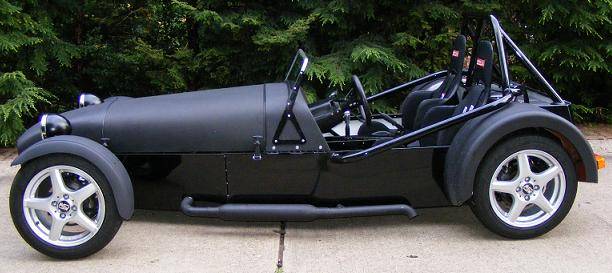asterism
Congress != Progress
I'm just really happy to see the Big Three gaining in sales while Toyota is losing. Every American should be driving an American brand car.
HAHAHAAAA!
Can't say American MADE car..only American BRAND car...is that what the smoke filled union hall slogan is now?
No....but being an American one should want to be patriotic enough to buy American, right?
Only if it's good quality for a fair price. I don't think American branded cars made in foreign plants are as good as foreign branded cars made in American plants.



